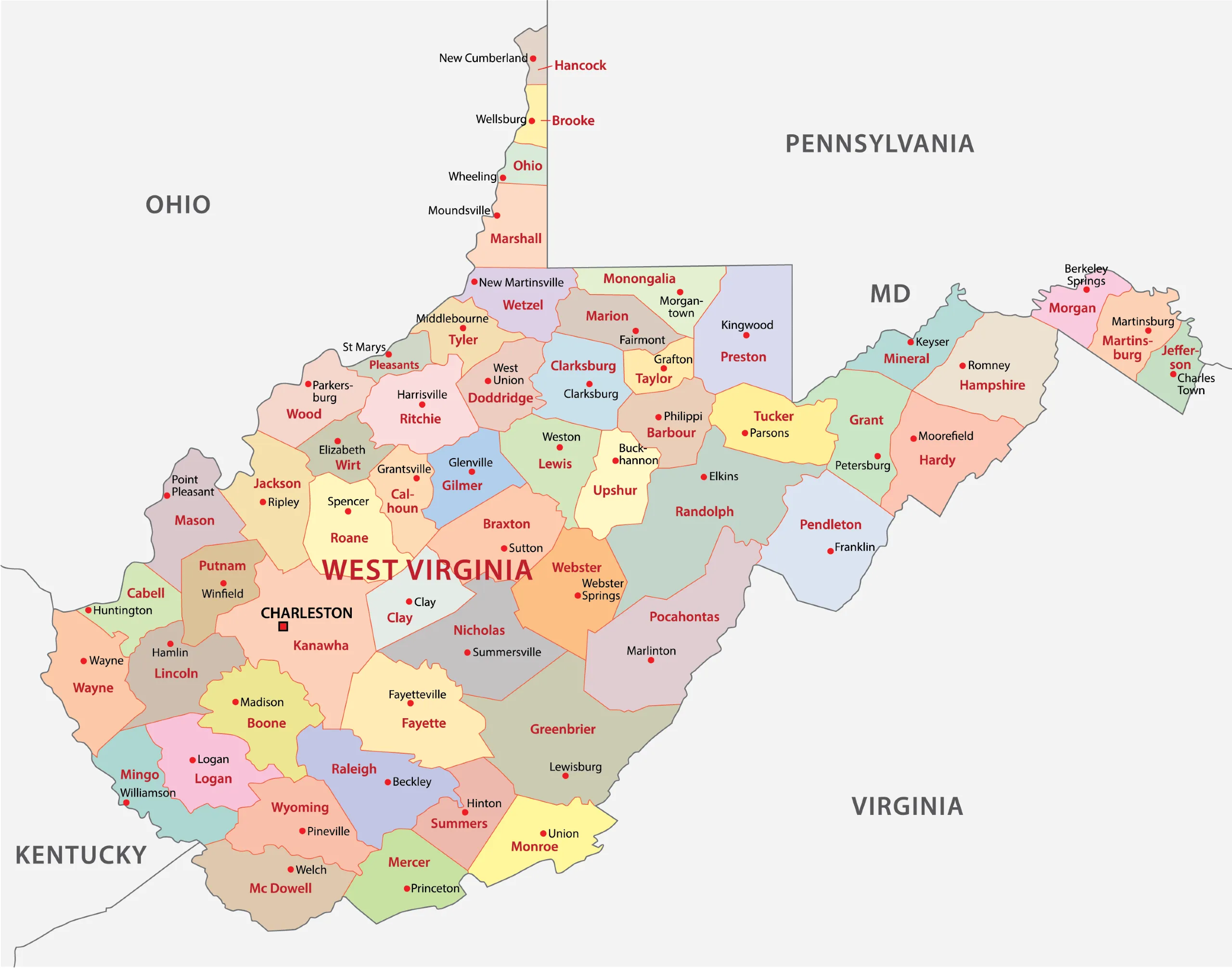Virginia’s Voter Roll Controversy: A Legal Battle Unfolds
In a significant legal development, U.S. District Judge Patricia Giles has ruled that Virginia must reinstate over 1,600 voter registrations that were improperly purged. This decision comes in the wake of a lawsuit initiated by the Justice Department, which argued that the actions taken by the state violated federal law prohibiting systematic removals within 90 days of an election. The ruling has sparked a heated debate over voter registration practices in Virginia, raising questions about the integrity of the electoral process.
The controversy began when Virginia’s Republican Governor Glenn Youngkin issued an executive order in August, mandating daily verification of voter registrations against Department of Motor Vehicles (DMV) records. This directive aimed to identify noncitizens on the voter rolls, but critics argue that it led to a flawed purge process. Many individuals were removed from the rolls due to administrative errors or minor mistakes on their registration forms, often leaving eligible voters disenfranchised.
The Timing of the Purge
The voter roll cancellations occurred during a critical 90-day period leading up to the November election. During this time, states are restricted from making significant changes to their voter lists, making the timing of the purges particularly controversial. Judge Giles emphasized that while states have the authority to remove noncitizens from voter rolls, they must do so on a case-by-case basis rather than through an automated process. This ruling underscores the importance of ensuring that eligible voters are not unjustly removed from the electoral rolls.
Justice Department’s Involvement
The Justice Department’s involvement in this case highlights the federal government’s commitment to protecting voting rights. The lawsuit argued that many of those removed were, in fact, citizens who had been wrongfully purged. This assertion has been supported by voting rights advocates who contend that the method used to identify noncitizens was deeply flawed. They argue that the process often resulted in eligible voters being wrongfully purged, creating unjust barriers to participation in the electoral process.
State’s Response and Potential Appeal
In response to the ruling, Virginia officials have announced their intention to contest the judge’s decision. They argue that their procedures were designed to ensure that only eligible voters remained on the rolls. Virginia’s Attorney General Jason Miyares criticized the ruling as politically motivated and detrimental to efforts to maintain election integrity. He expressed intent to appeal the decision, further prolonging the legal battle surrounding Virginia’s voter registration practices.
Public Reaction and Advocacy
The ruling has elicited a strong reaction from advocacy groups, who hailed it as a victory for voting rights. Many emphasized that all eligible voters should have the opportunity to participate in upcoming elections without facing unjust barriers. The controversy surrounding Virginia’s voter roll practices is part of a broader national debate about voter integrity and access, with similar legal challenges occurring in other states, such as Alabama.
Historical Context
This legal battle is not occurring in isolation; it is part of a larger national conversation about voter registration and access to the polls. The ruling comes amidst ongoing debates about the balance between maintaining election integrity and ensuring that all eligible voters can participate in the democratic process. As states across the country grapple with similar issues, the outcome of Virginia’s legal battle could have far-reaching implications for voter registration practices nationwide.
Conclusion
The Virginia voter roll controversy has brought to light critical issues surrounding voter registration and the rights of citizens to participate in elections. As the legal battle unfolds, the implications of Judge Giles’ ruling will be closely watched, not only in Virginia but across the nation. The ongoing discussions about noncitizen voting and the integrity of voter rolls will continue to shape the landscape of American democracy. With advocacy groups rallying for the rights of voters and state officials preparing to appeal the ruling, the outcome of this case could set a precedent for how states manage their voter registration processes in the future.
In the coming weeks, as the legal battle continues, it will be essential for all stakeholders to engage in constructive dialogue to ensure that the electoral process remains fair and accessible to all eligible voters. The stakes are high, and the eyes of the nation are on Virginia as it navigates this complex and contentious issue.






Leave a Comment